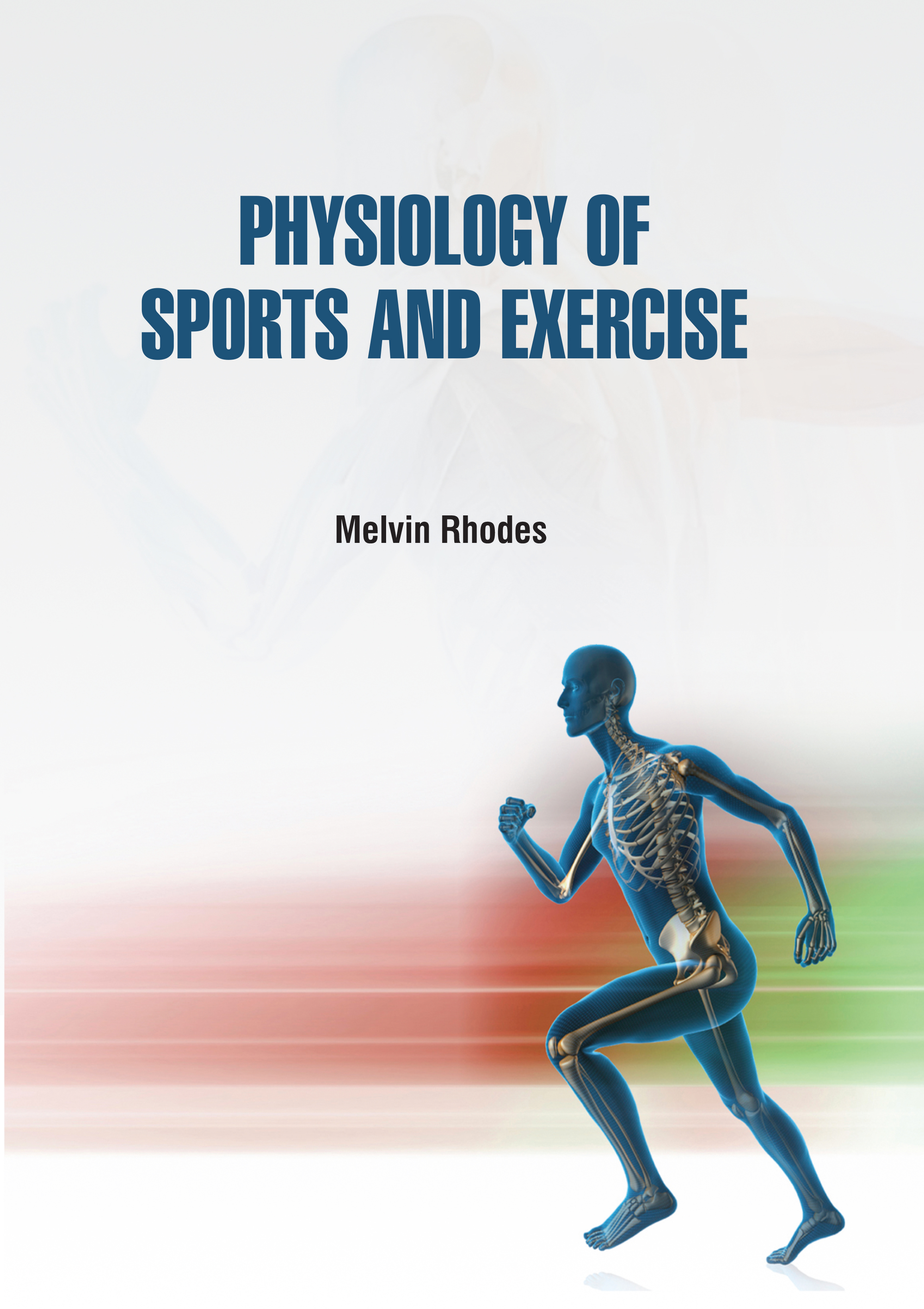
Physiology of Sports and Exercise
by Melvin Rhodes
| ISBN | 9789372422467 |
|---|---|
| Publisher | Digital Drive Learning |
| Copyright Year | 2026 |
| Price | $270.00 |

by Melvin Rhodes
| ISBN | 9789372422467 |
|---|---|
| Publisher | Digital Drive Learning |
| Copyright Year | 2026 |
| Price | $270.00 |
Exercise physiology is the physiology of physical exercise. It is the study of the acute responses and chronic adaptations to a wide range of exercise conditions. Exercise physiologists study the effect of exercise on pathology, and the mechanisms by which exercise can reduce or reverse disease progression. Human physiology is the science of the mechanical, physical, and biochemical functions of normal humans or human tissues or organs. The principal level of focus of physiology is at the level of organs and systems. Most aspects of human physiology are closely homologous to corresponding aspects of animal physiology, and animal experimentation has provided much of the foundation of physiological knowledge. Human physiology is one of the basic sciences of medical study, and as such is most often applied as medical care. The most obvious function of bone is to support the body. It is also the site of haematopoiesis, the manufacture of blood cells, that takes place in bone marrow (which is why bone marrow cancer is very often a terminal disease). It is also necessary for protection of vital organs. Movement in vertebrates is dependent on the skeletal muscles, which are attached to the skeleton by tendons. The book is written in simple colloquial English keeping in mind the language difficulty of the students of Physical education and sports.